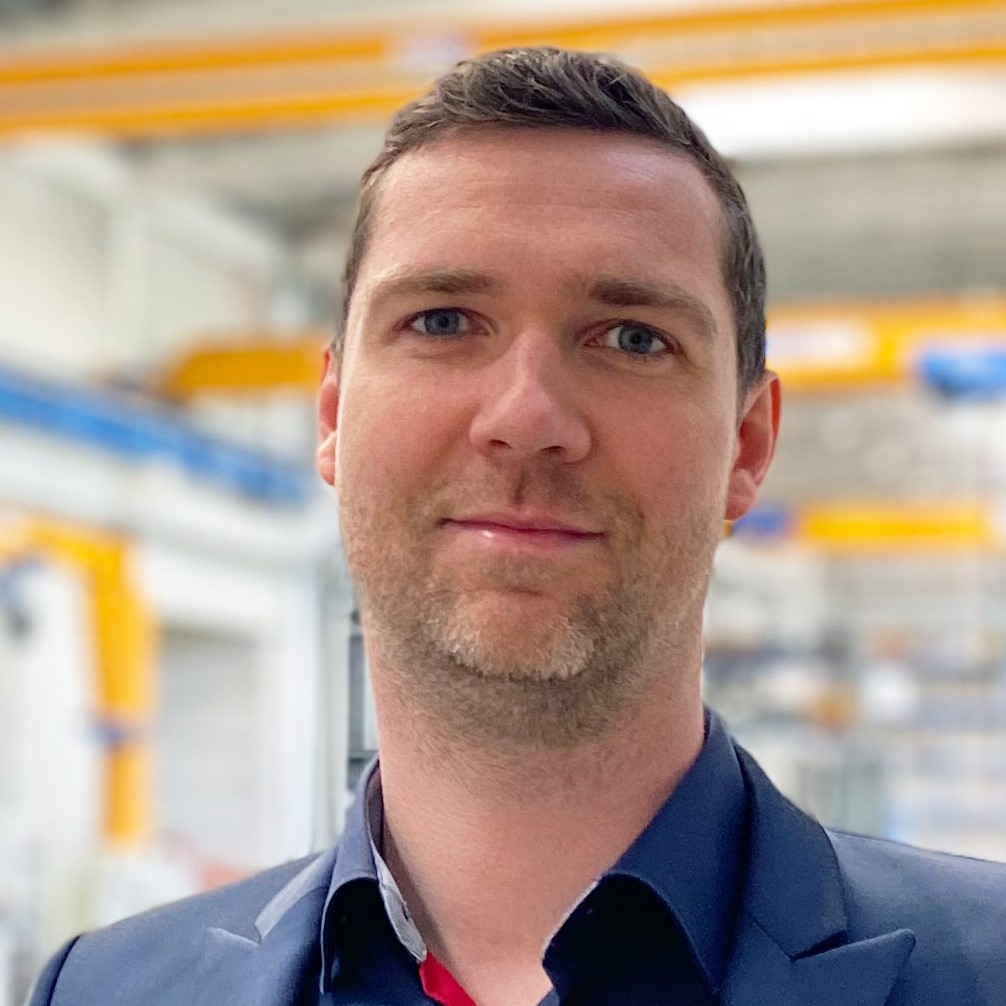Speaker Interview: David Hüttig, Herbold Meckesheim

About David
David has a long-standing expertise in plant and special machinery technology. He holds a degree in business administration and has trained as an industrial sales representative. Eleven years ago, David joined Herbold, initially overseeing markets in Central, Northern and Eastern Europe. In 2017, his responsibility shifted to the USA and for the past two years, he has been the Sales Team Leader America, responsible for the entire western segment of Herbold Meckesheim’s extensive global distribution network.
About Herbold Meckesheim
Herbold Meckesheim is a leading plastics recycling machinery manufacturer with key components in all kinds of size reduction and densification as well as in the wide range of post-consumer wash lines with all the bells and whistles. The company belongs to Hillenbrand, Inc., a US-based global industrial group, and is part of the Recycling Business Unit of Coperion, which offers complete solutions for plastics recycling within the Polymer Division of the internationally operating industry. Coperion is a technology leader in compounding and extrusion systems, feeding and weighing systems, bulk material handling, and services.
What major problems are currently facing recyclers and how can developments in machinery address these?
Recyclers face several significant challenges today. In addition to various global and regional uncertainties, recyclers, particularly in Europe, are struggling with low virgin plastics prices and increased operational costs and energy prices. In addition, material availability of sufficient and consistent quality puts pressure on individual recyclers. Our developments partially counteract these trends by reducing yield losses, energy and water consumption, as well as ever-improving product quality from an overall perspective.
What recycling machinery innovations do you think are set to change the industry over the next few years?
Machines that create higher yields, availabilities, and throughputs with a lower operational cost footprint are key to overcoming challenges in the years ahead. Together with Coperion, and as part of the Recycling Business Unit, we offer a full-scale plastics recycling process from a single source. We must also not lose sight of the possibilities of chemical recycling, which we offer thanks to Coperion too. Chemical recycling will gain further market share both for special applications such as particularly high product qualities and for particularly high-throughput solutions. Mechanical recycling technologies remain necessary for the upstream process.
Bottle-to-bottle PET recycling is a great success story for plastics recycling, what other plastics do you believe can achieve this level of circularity?
While this may apply to parts of Europe, other regions of the world are just beginning to implement individual collection of PET bottles. Collection systems for specific products like HDPE, PP, and different film qualities, as well as fiber-like materials such as textiles or big bags, are already locally established in combination with mechanical recycling solutions. I think there is room for further improvements of collection and sorting, as well as higher capacities of mechanical or chemical recycling needed. It's important to note that achieving high levels of circularity for these or any other types of plastic will require not just technological advancements but also supportive policies, consumer education, and an effective waste management infrastructure. The recycling of textiles, for example, could become a similar success story to PET, accompanied by suitable legal regulations through appropriate collection systems in combination with widespread and high-throughput facilities.
Can you give us a quick summary of your presentation for Plastics Recycling World Europe?
At the upcoming AMI Plastics World Expos in Brussels, I will be focusing on the overall process of plastics recycling; from feeding plastic bales to the conversion into final granules for the reuse in at least equivalent applications. I will give a process overview starting from sorting, cold and hot washing, including wastewater treatment, material handling, extrusion, to the filling of produced granules.
David Hüttig will be presenting on Day 2 at the Plastics Recycling World Expo Theatre.
